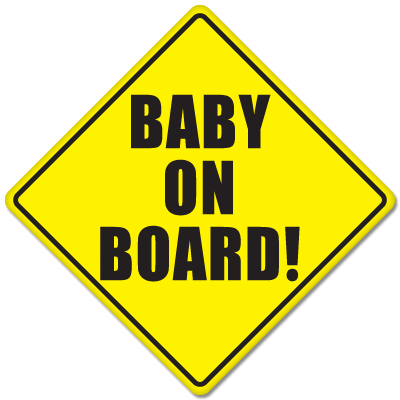All Aboard!

Mike from Cadillac asked whether aboard or on board is preferable. Today there seems to be no practical difference. On board originally meant alongside, as did aboard; it was a position next to the wooden side of a sailing vessel. Ultimately, both took on the meaning “on or within a ship,” then were applied to other forms of transportation (train, bus, airplane, etc.).
During the same program, Jim from Traverse City asked how bed and board might be connected. Bed stood for lodging and board stood for meals, namely, the plank table upon which meals were served. In both cases — the ship and the table — pieces of wood were involved. Over time, the meaning of board was extended to other uses, as the following list indicates.
• a piece of wood;
• a thin plank;
• a flat slab used for various purposes (ironing board, cutting board, surfboard);
• the stage of a theater (to trod the boards);
• a tablet for notices (bulletin board, blackboard);
• a game frame (chessboard, board games);
• the pasteboard cover of a book;
• a table;
• a council table & the company who meet there (board of directors, school board);
• the stock exchange (big board);
• a shield; a coast (seaboard);
• a ship’s side (fall overboard);
• a flat piece of rigid material containing controls, switches, etc. (control board);
• a printed circuit (motherboard).
SIDEBAR: Make your own lumber with a chainsaw mill
Now available from McFarland & Co.: Word Parts Dictionary, 2nd edition
Listen to Mike’s program in real time every Tuesday morning, 9:00 - 10:00 a.m. EST, by going to wtcmradio.com and clicking on Listen Now. There is now an archive of podcasts. Look under The Ron Jolly Show.
Write to Mike with comments or questions:
wordmallATaol.com
(substitute @ for AT above)
wordmallATaol.com
(substitute @ for AT above)
Visit the Senior Corner at http://seniors.tcnet.org


Comments